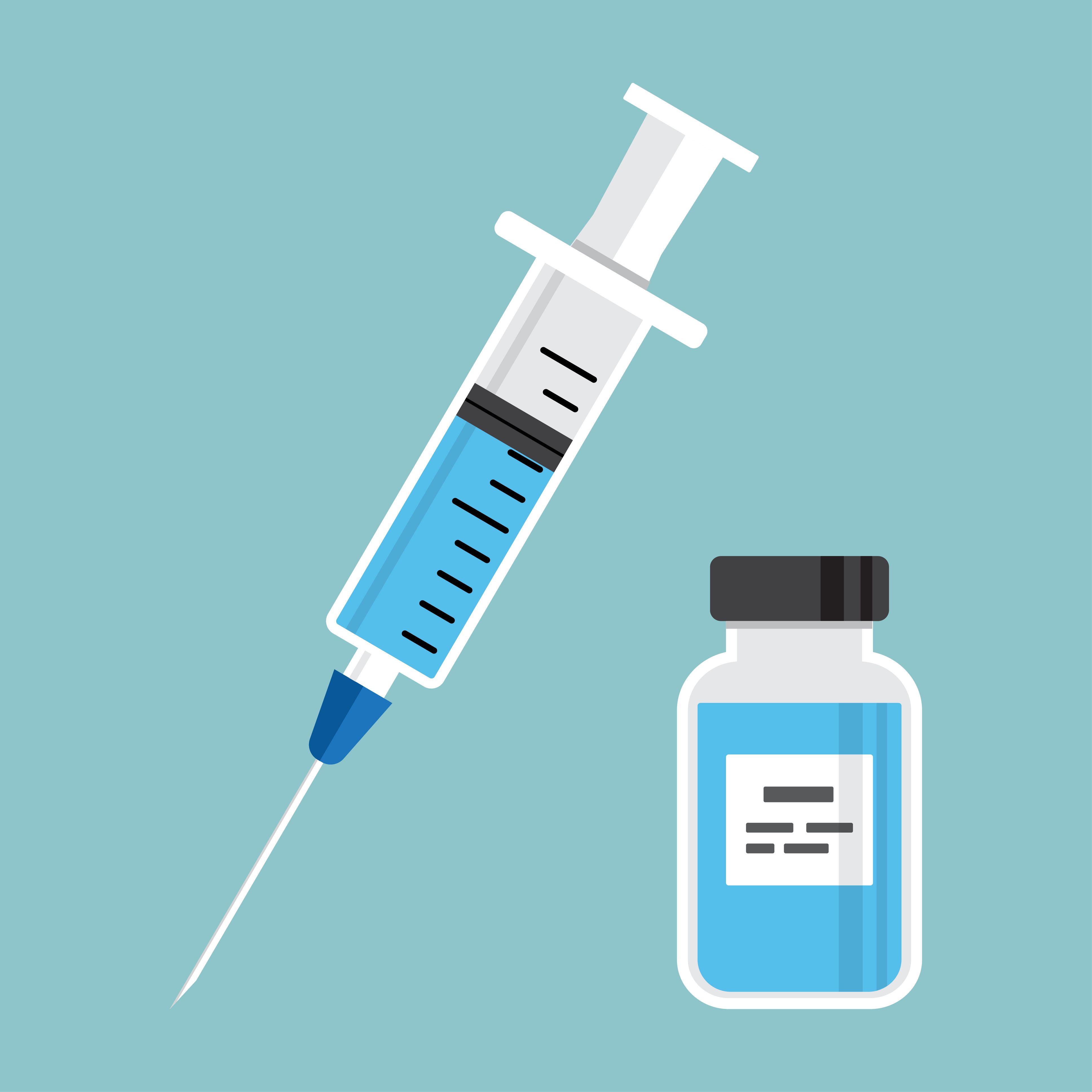- Center on Health Equity & Access
- Clinical
- Health Care Cost
- Health Care Delivery
- Insurance
- Policy
- Technology
- Value-Based Care
No Association Found Between Vaccination, Risk of Hospitalization Due to MS Flare-Ups
Researchers evaluated the risk of hospitalization for severe flare-ups after vaccination in patients with multiple sclerosis (MS).
In a French cohort of patients diagnosed with multiple sclerosis (MS), no associations were found between vaccination and the risk of hospitalization due to MS flare-ups.

“To our knowledge, the present study is the most extensive investigation conducted on the risk of the onset of MS flare-ups requiring hospitalization associated with vaccine exposure, with over 36 000 flare-ups studied in more than 100 000 patients with MS documented for up to 11 years (mean follow-up 8.8 years),” wrote the researchers of the study.
The nested case-crossover analysis is published in JAMA Neurology.
Although vaccines are said to be well suited for patients with MS, since infections are known to increase the risk of MS flare-ups, there has been decade-long controversy over the possible link between vaccination and the onset of MS. In this study, the researchers aimed to evaluate this association using health care databases of the entire French population.
The researchers collected obtained System of National Health Databases (SNDS) registry patient information of 133,154 patients with at least 1 MS diagnosis between January 1, 2007, and December 31, 2017. Only patients who were followed up for at least 12 months and who had no periods of 24 months or more without any record were included. The final cohort of patients included 106,523 individuals.
Flare-ups were defined as the occurrence of a hospitalization of at least 1 day with an overnight hospital stay. In patients with multiple flare-ups, only the time between flare-ups was considered to identify at-risk and control time windows.
Additionally, the researchers obtained recorded claims for vaccinations administered in a hospital or a community pharmacy among patients in the SNDS database, with vaccine exposure including:
- Diphtheria, tetanus, poliomyelitis, pertussisor Haemophilus influenzae vaccines (DTPPHi), alone or in combination, including DTPPHi plus hepatitis B combination vaccine
- Hepatitis B virus (HBV) vaccine, excluding DTPPHi plus HBV combination vaccine
- Influenza vaccine (any)
- Pneumococcal vaccine
- Meningococcus vaccine
- Measles, mumps, or rubella vaccine
- Others: hepatitis A virus, tuberculosis, varicella virus, or varicella-zoster virus vaccines
Among this cohort of patients, the mean [SD] age was 43.9 [13.8] years, with 76,471 (71.8%) females. Of these patients, 33,864 (31.8%) had incident MS and 72,659 (68.2%) had prevalent MS. Additionally, these patients were followed up for mean [SD] of 8.8 [3.1] years, and 35,265 (33.1%) were hospitalized for MS flare-ups during the study follow-up period. As a result, there were a total of 54,036 MS-related hospitalizations.
No association was found between hospitalizations for a MS flare-up and vaccine exposure in the 60 days before the flare-up occurred for all vaccines (adjusted odds ratio [aOR], 1; 95% CI, 0.92-1.09), for the DTPPHi (aOR, 0.95; 95% CI, 0.82-1.11), for the influenza vaccine (aOR, 0.98; 95% CI, 0.88-1.09), and for the pneumococcal vaccine (aOR, 1.20; 95% CI, 0.94-1.55).
However, the researchers acknowledged some limitations to the study, including using a database of only hospital diagnosis and drugs dispenses, as well as a limited definition of MS flare-ups that only those leading to hospitalization and were linked to a specific MS diagnosis.
Despite these limitations, the researchers believe the study was able to show no associated risk between vaccination and MS flare-up, believing more studies should be done to evaluate this association among other vaccine subtypes to confirm these findings.
We did not observe an association between the risk of hospitalization for an MS flare-up and vaccination, considered overall or individually, regardless of the age group studied,” wrote the researchers. “Because health insurance in France is universal and access to care is basically unlimited, we are confident that the study identified virtually all hospitalizations occurring in all patients with MS in France over 11 years (67 million patients registered).”
Reference
Grimaldi L, Papeix C, Hamon Y, et al. Vaccines and the risk of hospitalization for multiple sclerosis flare-ups. JAMA Neurol. 2023;80(10):1098–1104. doi:10.1001/jamaneurol.2023.2968
The Breakdown: Breast Cancer Research Awareness Day
August 19th 2025Breast cancer is the second most common cancer among women and the second leading cause of cancer-related deaths among women in the US. In light of Breast Cancer Research Awareness Day, The American Journal of Managed Care® breaks down the most recent advancements in breast cancer prevention, screening, and therapies.
Listen
